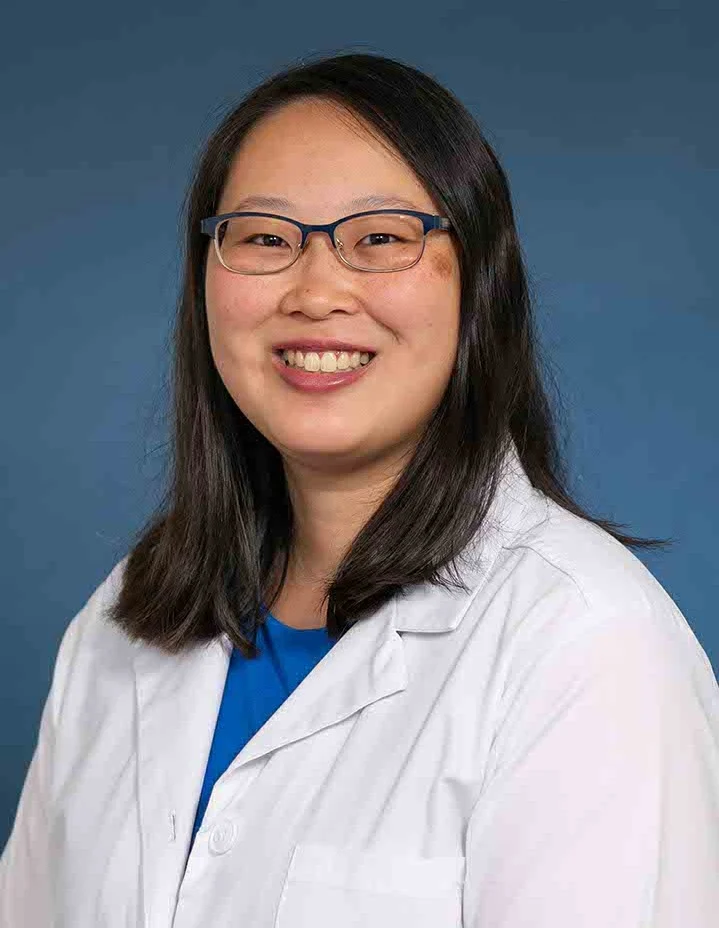SOAR (Structural Oppression and Anti-Racism) Committee
SOAR brings together residents and faculty from across our department, including primary care physicians, FM obstetrical providers, hospitalists, behavioral health providers, sociologists, and admissions staff. Our central focus is on actively combatting racism as well as identity-based discrimination that leads to structural forms of inequality.
One of our roles is to coordinate and collaborate with the Department of Family Medicine and Community Health, the Graduate Medical Education department, the UMass Chan Medical School, and the UMass Memorial Health Care system in their ongoing efforts to fight racism and systemic inequalities, including through multidisciplinary efforts like the UMass Memorial Maternity Center Anti-Racism Task Force.
We have also worked to incorporate broad changes into our didactics curriculum and faculty development, with the underlying goal of denouncing race-based medicine as well as holding the medical field accountable for historically prejudicial policies and practices. Learn more about these aspects of our SOAR curriculum, which are overseen by the SOAR Committee.
The SOAR Committee works with program leadership to oversee our residency’s efforts to create an inclusive environment for members of our residency community (residents, students, staff, and faculty). This includes BIPOC and LGBTQ+ Affinity Groups to promote mentorship, fellowship, and networking. Learn more about we're working to support diverse trainees.
Members of SOAR are working on research and scholarly initiatives to help us better understand the effects of racism and other forms of oppression on health and to collect data that can be used to change clinical practice and how we design and deliver medical education. These efforts will be integrated into our existing Quality Improvement curriculum and have already led to important conversations about our interpretation of evidence and the process of naturalizing inequity through alternative explanations for disparities than the structures of oppression we know drive them.
Finally, we are committed to establishing systems of evaluation to measure our progress as an institution and competency milestones to ensure the residents we graduate have the knowledge and tools to address systemic inequities in their current and future practice. Drawing on the recent work of the Association of Family Medicine Residency Directors, new milestones will assess resident performance (structural competency, cultural humility, health equity advocacy, etc). We will also use these materials to assess our program’s progress in eliminating bias in resident evaluation, designing and implementing anti-oppression curricula, providing support for diverse trainees, creating institutional structures for equitable patient care and community engagement, recruiting and retaining diverse residents, and recruiting and retaining diverse faculty.
SOAR Co-Chairs for 2025-2027
Tesa Danusantoso, MD (she/her)
"We live in an increasingly multifaceted society. Our patients have lives outside the walls of a clinic and/or a hospital and, as a result, they are impacted by more than just their medical conditions. As a physician, recognizing this complexity allows me to provide more holistic care for my patients. This committee creates space for dialogue on identifying, challenging, and working against systemic inequalities. The work we do here directly impacts our work within our communities, ultimately striving to foster a more just and equitable society."
Mahima Poreddy, MD (she/her)
"One of the biggest factors in my decision to pursue family medicine was how essential social determinants of health and advocacy are in this field as well as in medicine generally. As a queer, South Asian person, my experiences and those of my patients and peers are daily reminders of the noticeable and subtle systems in play that promote structural oppression.
I hope our work through SOAR helps dismantle these systems over time and that we continually move towards anti-racism and anti-xenophobia. I am grateful for the opportunity to engage in conversations on inclusivity in medicine and shape our work environment into a space where everyone feels safe and free to be themselves."

